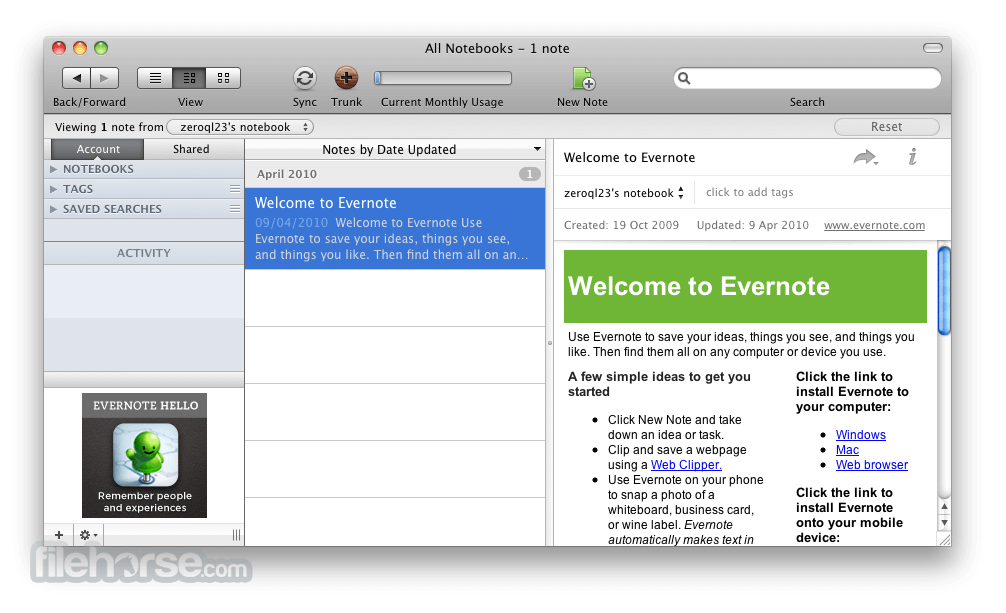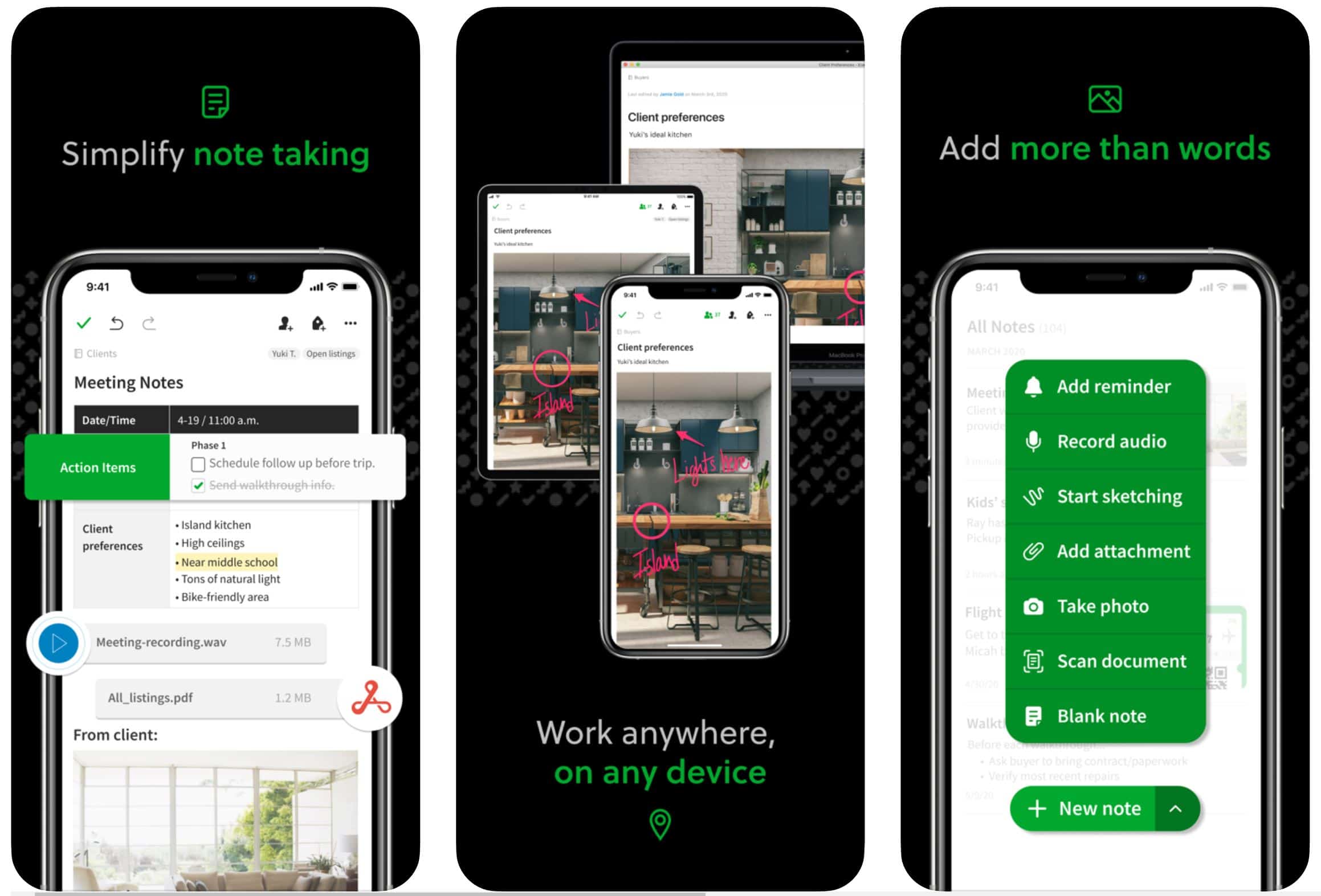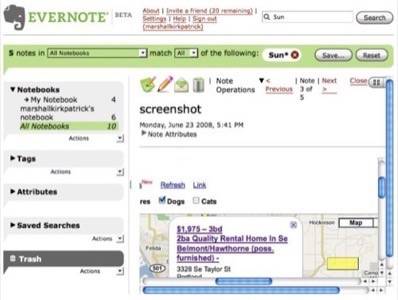
:max_bytes(150000):strip_icc()/Screenshot_2014-09-01-17-25-17-58b8b0d55f9b58af5c617bfa.png)

Most BlackBerrys have hardware keyboards with physical keys, rather than icons on a touchscreen, and are optimized to "push" messages to the handsets without the user having to request them manually. Research In Motion (RIM), the company that owns BlackBerry, runs its own servers and plays nice with enterprise systems.

This is the reason that BlackBerry rules the business market for smartphones. Do you need to access more than one e-mail account (such as your personal and work accounts)? Most phones that are e-mail capable will communicate with personal e-mail services, but many corporate and government e-mail systems use enterprise servers that require special protocols. To whatever degree it does, you will want a phone that is compatible with the messaging conduits you use. Your world may already run on e-mail and text messaging. Of these, Android is the comer, expected to pass iPhone's iOS by 2012. The reason you haven't heard much about it is that "worldwide" in this case means "besides the United States." In the U.S., BlackBerry is king, followed by the iPhone, Windows Mobile, Android, and Palm. Symbian runs exclusively on Nokia phones, and has almost 50 percent of the market share worldwide.

The most widely used operating system is one you may not know, called Symbian. Which apps are available to you is largely determined by which phone and carrier you choose, and which operating system (OS) you run. The primary advantage of smartphones is in the ability to install programs or applications ("apps") of your choosing, and not be limited to those that came with the phone. Virtually all of them incorporate cameras, can send and receive text messages, and incorporate some multimedia or information storage capabilities. It's rare to find a cellular handset that only makes and receives phone calls anymore. The line between smartphones and other cell phones is increasingly blurry.


 0 kommentar(er)
0 kommentar(er)
